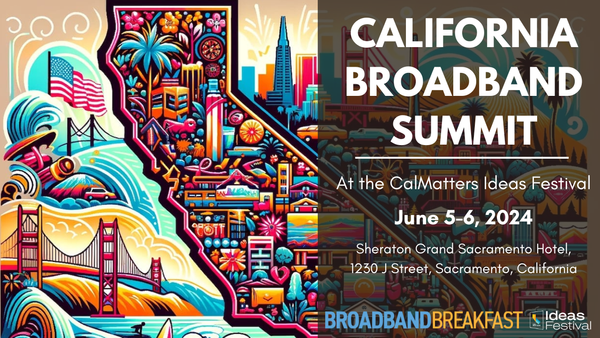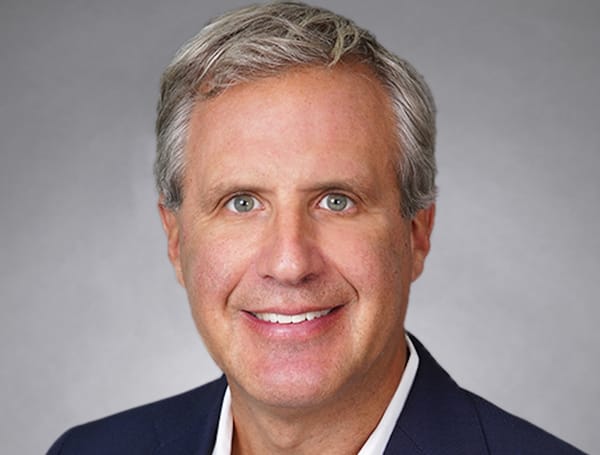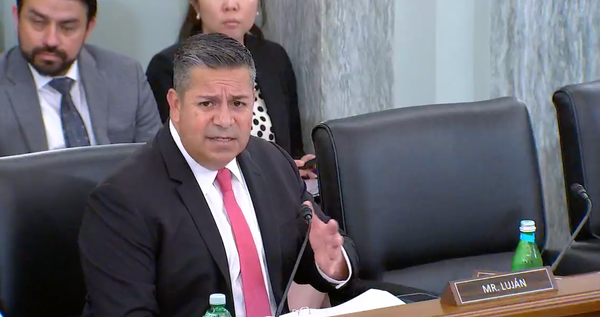FCC Equity Council Approves Working Group to Broaden Definition of ‘Anchor Institution’
The Equity and Diversity Council will study broadening anchor institution to include LGBT organizations.

WASHINGTON, February 24, 2022 – The Federal Communication Commission’s Equity and Diversity Council voted and successfully adopted Wednesday a commitment to explore broadening the definition of an anchor institution to increase digital equity and diversity in the tech labor force.
Anchor institutions are long-term, established organizations that are necessary for the community’s success, like libraries, schools, and hospitals.
The council voted to approve a working group, titled “Amplify the Role of Anchor Institutions in Creating Digital Equity in the Labor Force,” to look into expanding the definition of an “anchored institution to include non-traditional community-based institutions.”
Some examples of non-traditional anchor institutions are LGBT nonprofits, senior organizations, justice-impacted support organizations, and other nonprofits in the region. These institutions are now being included to help support the goal of the CEDC to “support diversity, inclusion, and equity in the tech workforce.”
The non-traditional anchor institutions are expected to help those who are participating in this workstream understand “how they [anchor institutions] operate, collaborate, and impact digital inequities including digital upskilling in their cities.”










